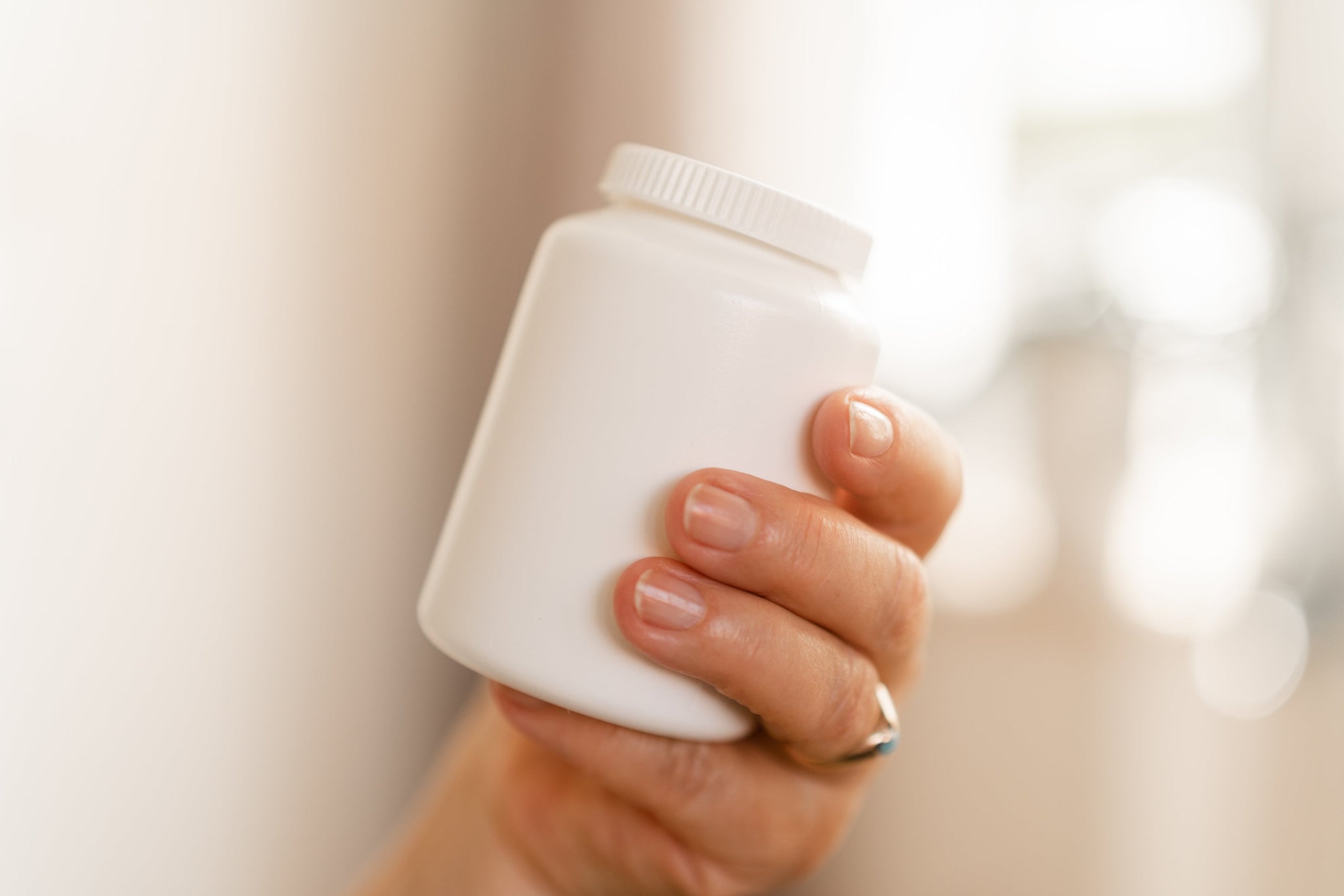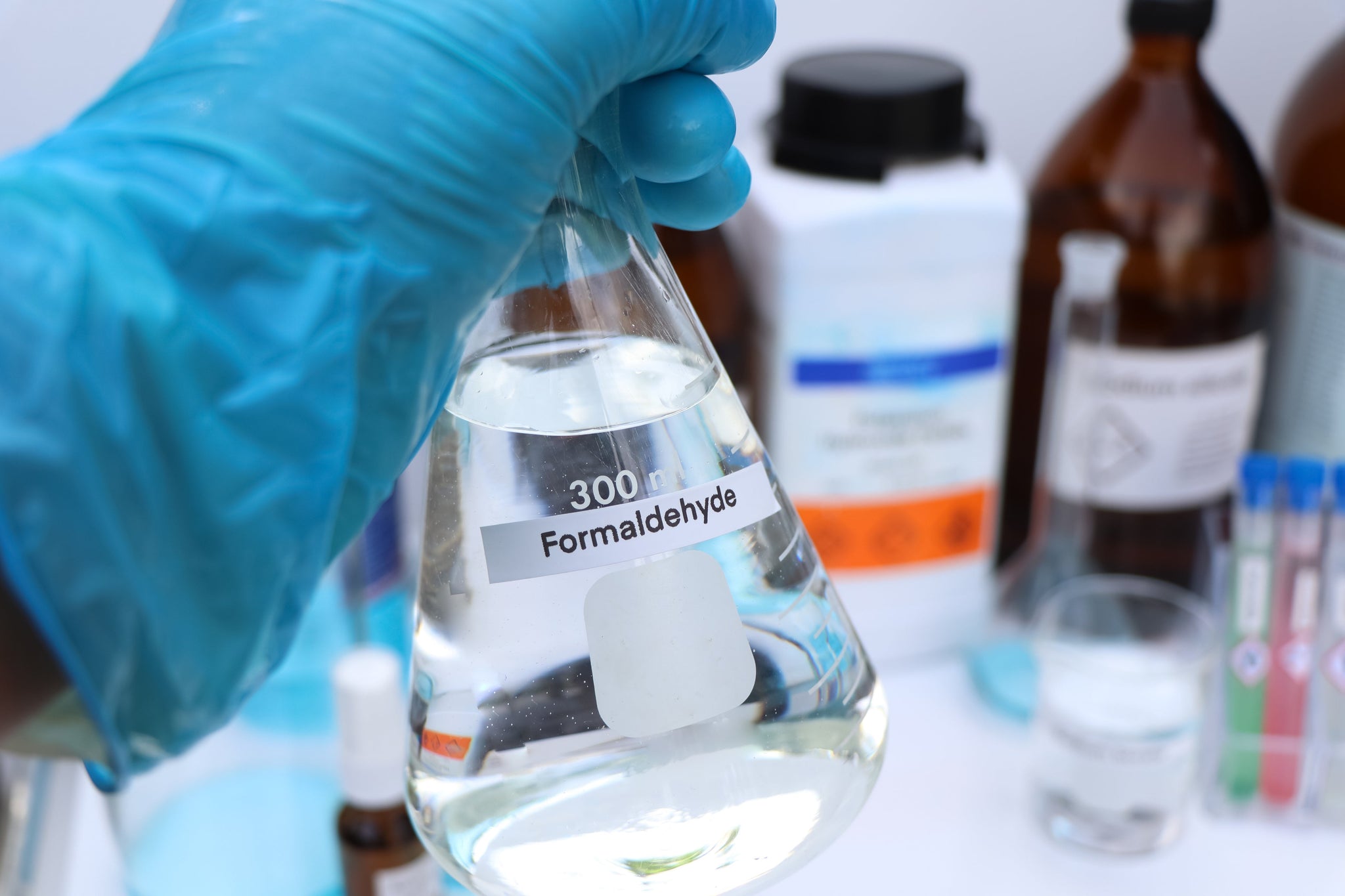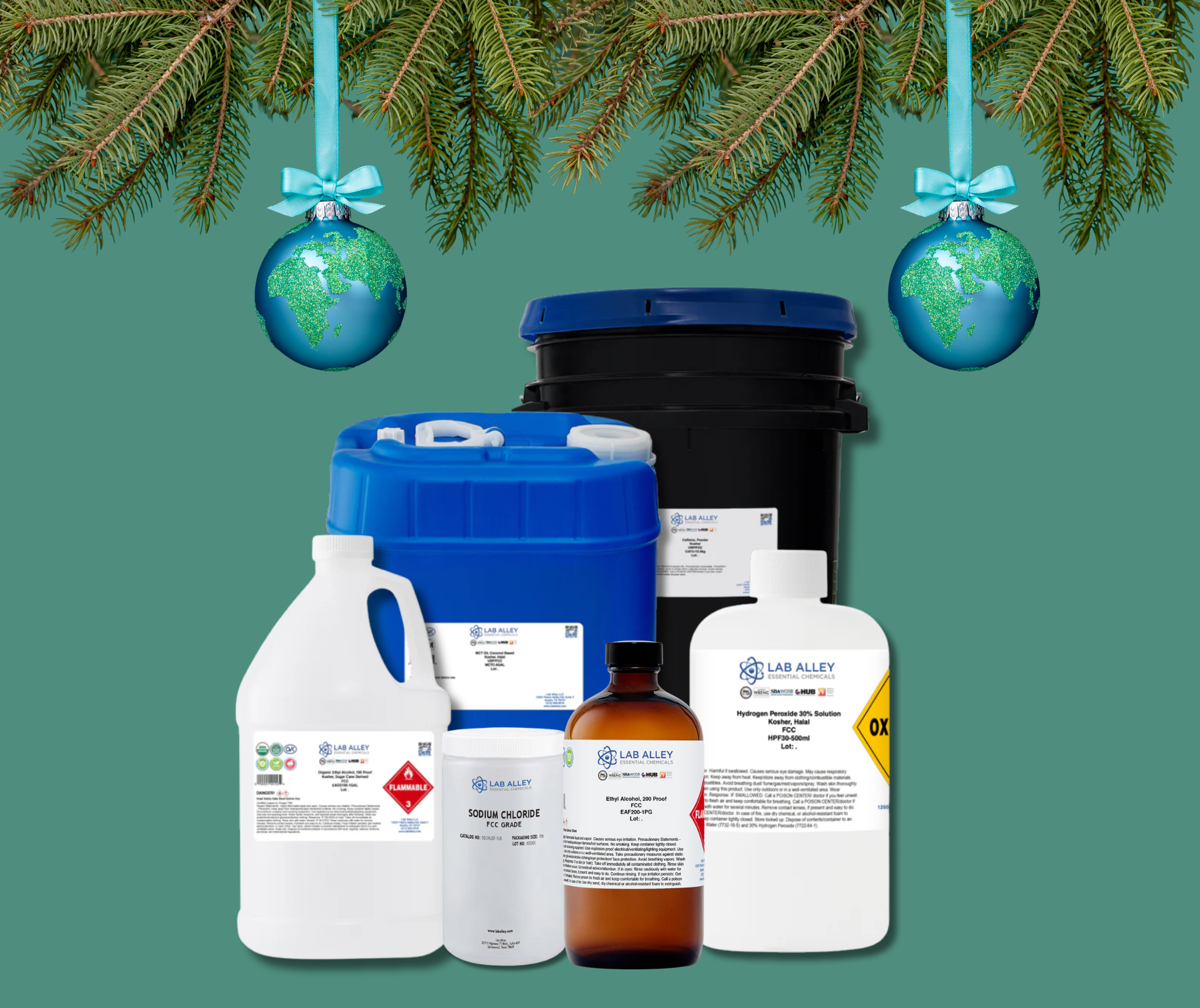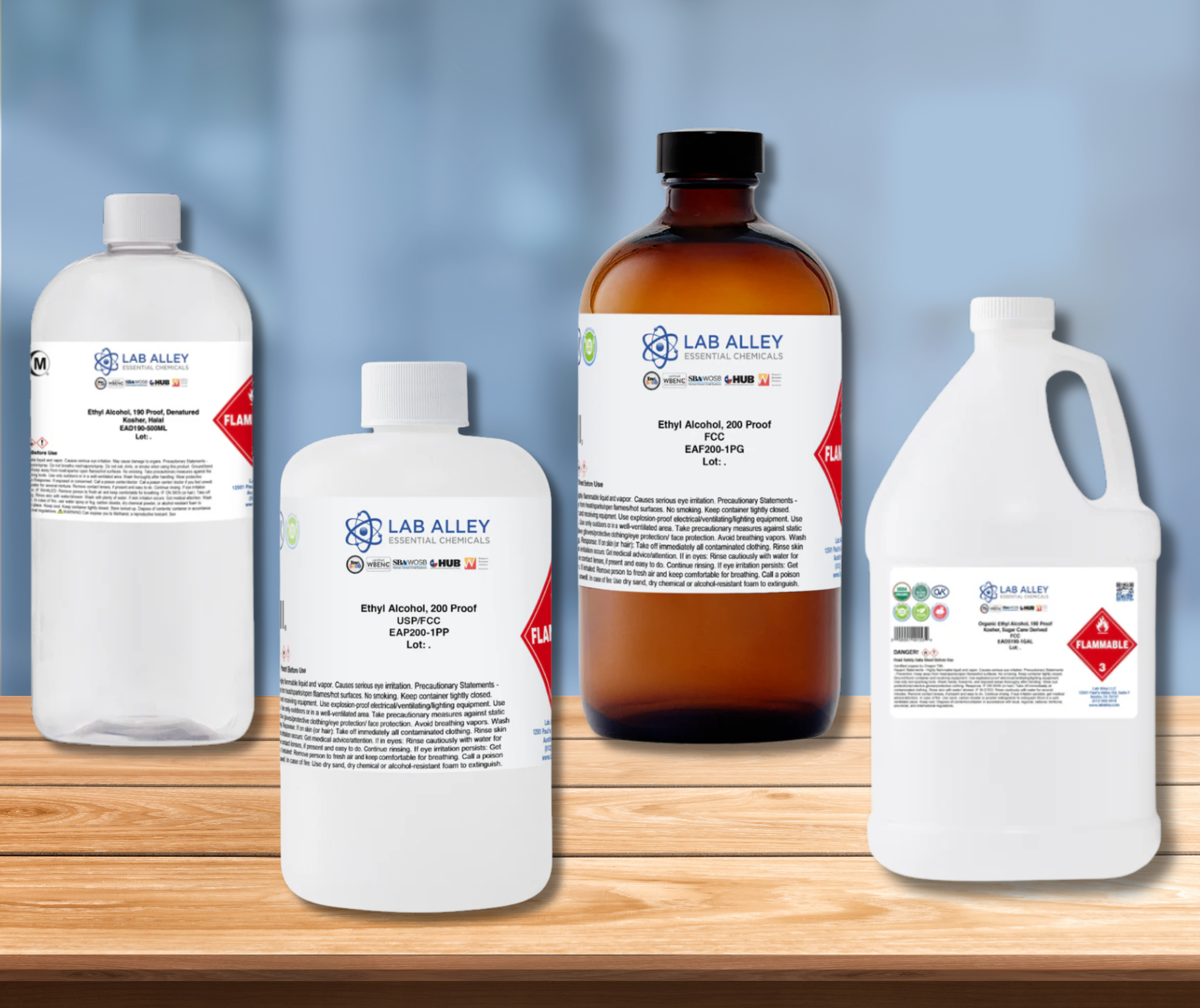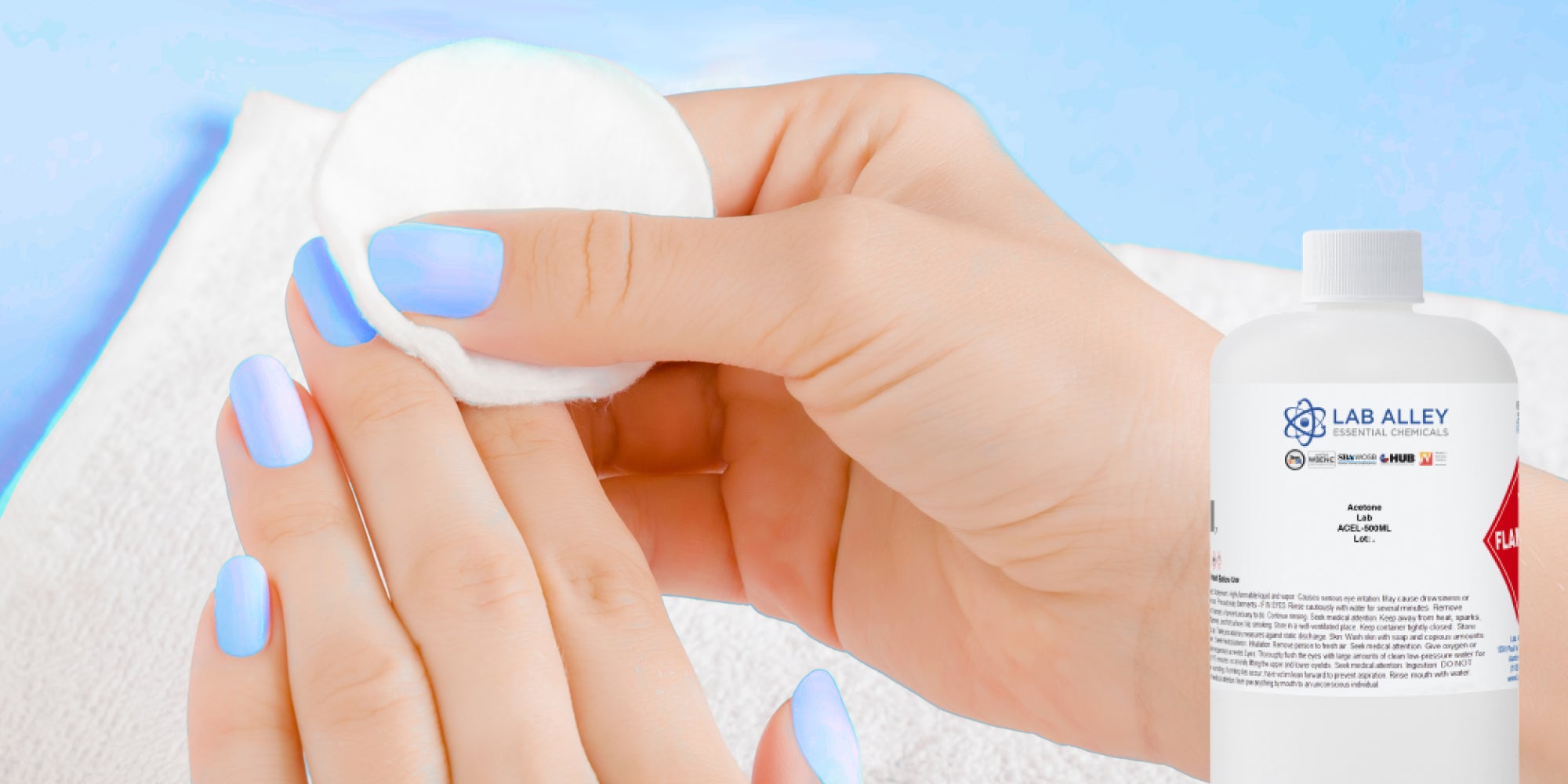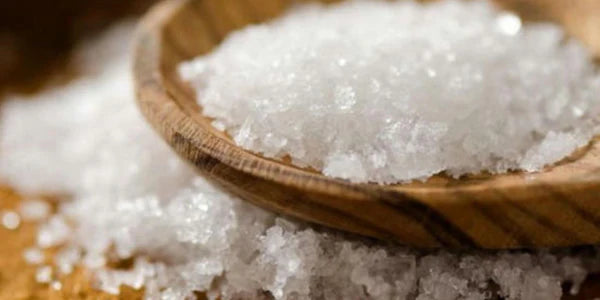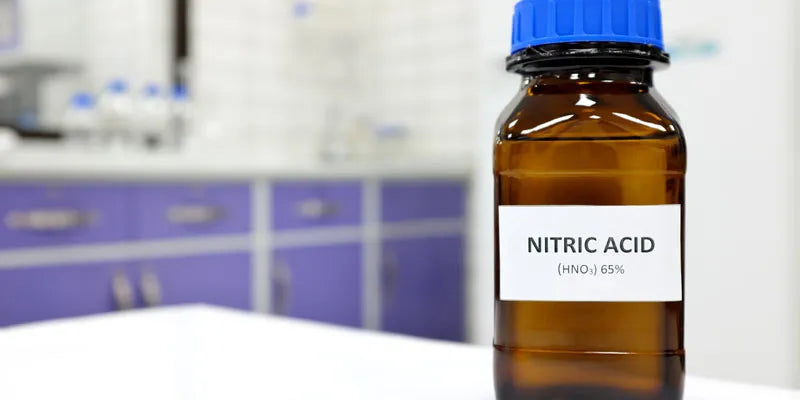Uses & Benefits
Thanks to its rich composition and multifunctional properties, castor oil is an important ingredient across industries, ranging from large-scale manufacturing to personal care products. It is a valuable choice for formulators looking for performance, stability, and plant-based solutions.
Industrial Applications
In manufacturing, castor oil serves as a raw material for lubricants, greases, and coatings. It delivers performance in high-temperature and high-stress environments. In paints and varnishes, castor oil acts as a plasticizer and stabilizer, improving flexibility and durability.
The polymer industry uses castor oil to produce polyurethanes, nylon 11, and bio-based plastics. Adhesives and sealants include castor oil for better adhesion, elasticity, and chemical resistance.
Scientific & Laboratory Uses
In laboratories, castor oil works as a reagent and carrier medium for organic synthesis and chemical processing. It provides stability in pH-controlled formulations and helps adjust viscosity in experimental products. Castor oil also serves as an embedding medium for microscopy and supports research on drug delivery, bio-lubrication, and biopolymer performance.
Consumer & Household Uses
In the consumer market, castor oil has a long history of use in skin and hair care products. You can find it in moisturizers, shampoos, soaps, and hair oils, where it helps retain hydration and adds shine. For home care, pharmaceutical-grade castor oil is traditionally used as a laxative under medical supervision. It is also applied topically as a massage oil or to help soothe sore muscles.
Specialized Applications
Castor oil has important roles in several specialized fields. In pharmaceuticals for instance, castor oil acts as an excipient in oral and topical medications and as a vehicle for injectable drugs.
In cosmetics, it is common in lipsticks, conditioners, and cleansing products. On the other hand, agriculture relies on castor oil as a natural pesticide and fungicide and in some soil treatments. And in food processing, food-grade castor oil serves as a mold inhibitor and release agent for baking.
Safety Information
Castor oil has a low hazard profile compared to many other industrial chemicals. It is non-flammable, non-corrosive, and generally well-tolerated when used correctly.
Keep in mind that prolonged or repeated skin contact can cause mild irritation in sensitive individuals and ingesting large amounts has a laxative effect. Avoid inhaling mists or aerosolized forms of the oil.
Personal Protective Equipment (PPE)
It’s important to use basic protective equipment when handling castor oil in industrial or laboratory settings: wear nitrile or chemical-resistant gloves to protect your skin and use safety goggles or a face shield when handling large volumes or if splashing is possible.
A lab coat or protective apron can provide additional protection during handling. Make sure to work in well-ventilated areas, especially when heating the oil or working with sprays and mists.
Storage Guidelines
Castor oil should be stored at room temperature between 15°C and 25°C (59°F to 77°F). Keep it in tightly sealed, inert containers such as HDPE or glass bottles. Protect it from heat and direct sunlight to prevent degradation.
While castor oil is stable under normal conditions, exposure to air over time can lead to oxidation. Keep it away from strong oxidizing agents to prevent unwanted chemical reactions.
Spill & Disposal Procedures
In the event of a spill, absorb the oil using inert materials like sand, earth, or commercial absorbents. Clean the affected area thoroughly with detergent and water. Prevent large quantities from entering drains or natural water sources.
Dispose of small amounts as non-hazardous waste according to local regulations. For larger volumes, use a licensed waste disposal contractor and follow regional and federal guidelines.
For more detailed information, including first aid instructions, ecological data, and regulatory compliance, consult the Safety Data Sheet (SDS) for castor oil.

Ethanol For Extraction
You can order food grade ethanol, extraction grade ethanol, ACS grade ethanol, FCC grade ethanol, USP grade ethanol, HPLC grade ethanol and kosher ethanol from Lab Alley. Perform ethanol (EtOH) extraction at ultra-low temperatures for the best yields.
Ethanol extraction is a cost-effective way to use ethanol as an industrial solvent to produce high quality botanical extracts from large volumes of medicinal herbs or plants.








